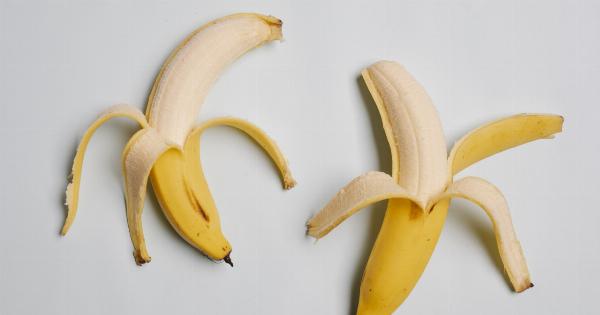When it comes to maintaining healthy, youthful-looking skin, we often turn to an array of skincare products and treatments. While these external solutions can be effective, we sometimes overlook the importance of nourishing our skin from within.
Collagen, a protein that plays a key role in maintaining skin elasticity and strength, is one of the vital components responsible for a youthful complexion. Thus, incorporating collagen-rich foods into our diet can be a game-changer for our skin’s health and appearance.
The Science behind Collagen and Skin Health
Collagen is the most abundant protein in our bodies and is the main structural component of our skin, bones, tendons, and ligaments.
As we age, our body’s natural collagen production declines, leading to a loss of skin elasticity and the formation of wrinkles. Environmental factors such as sun exposure, pollution, and smoking further accelerate collagen breakdown, resulting in premature aging and dull-looking skin.
To counteract these effects, it’s crucial to replenish our collagen levels through diet.
While there are numerous collagen supplements available in the market, turning to collagen-rich foods is a more natural and cost-effective way to boost your skin’s health. Here are seven collagen-rich foods to incorporate into your diet:.
1. Bone Broth
Bone broth, made by simmering animal bones and connective tissue, is a fantastic source of collagen. It’s rich in amino acids, including proline and glycine, which are essential for collagen production in the body.
Consuming bone broth regularly can help promote skin elasticity and reduce the appearance of wrinkles.
2. Salmon
Salmon is not only a delicious and healthy protein source but also a collagen-boosting food. This fatty fish is packed with omega-3 fatty acids that aid in the production of collagen and help protect the skin from UV damage.
Including salmon in your diet can help maintain a youthful glow and improve skin hydration.
3. Citrus Fruits
Citrus fruits, such as oranges, grapefruits, and lemons, are excellent sources of vitamin C—a critical nutrient for collagen synthesis. Vitamin C plays a vital role in the body’s production of collagen, helping to keep your skin firm and supple.
Additionally, the antioxidants present in citrus fruits also protect the skin from harmful free radicals.
4. Leafy Greens
Leafy greens, such as spinach, kale, and broccoli, are not only packed with essential vitamins and minerals but also provide a good amount of collagen-boosting antioxidants.
These antioxidants help combat free radicals that contribute to collagen breakdown, ensuring that your skin stays healthy and resilient.
5. Berries
Berries, including strawberries, blueberries, and raspberries, are rich in antioxidants, vitamins, and minerals that promote collagen synthesis.
The high vitamin C content in berries strengthens the body’s collagen production processes while protecting the skin against oxidative stress caused by environmental factors.
6. Avocado
Avocado is a powerhouse of healthy fats and antioxidants, making it an excellent choice for improving skin health. Its vitamin E content helps protect the skin from damage and promotes collagen production.
The healthy fats in avocados also ensure your skin stays hydrated, reducing dryness and improving elasticity.
7. Bone-In Meat
Consuming bone-in meat, such as chicken or pork, provides essential amino acids like proline and glycine, which are required for collagen synthesis.
The presence of these amino acids in bone-in meat helps support the body’s natural collagen production and strengthens connective tissues.
Conclusion
By incorporating collagen-rich foods into your diet, you can improve the health and appearance of your skin from the inside out.
Remember, external skincare products can only do so much if your skin lacks the necessary nutrients and building blocks to maintain its structure and elasticity. So, why not take a holistic approach to skincare and start eating your way to better skin?.






























